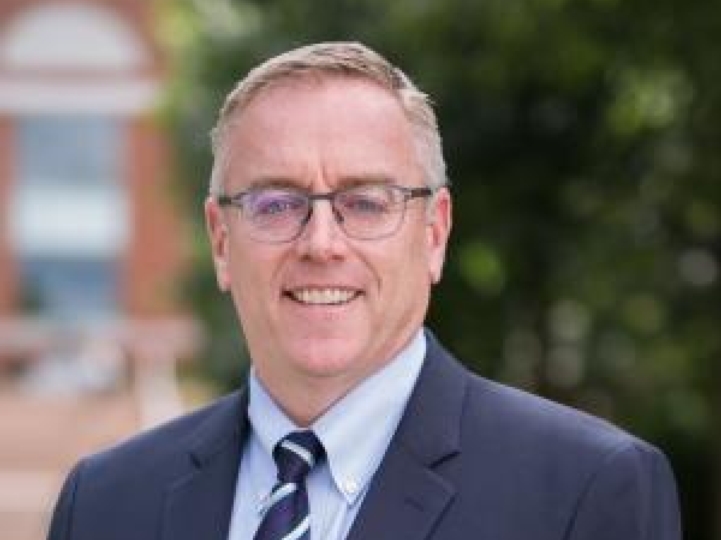
Transforming Culture during the Pandemic: Centering Racial Justice
Equity, Inclusion and Social Justice AVP or "Number Two" Senior Level VP for Student Affairs
October 22, 2021
As a place-based institution, our university was upended by the COVID-19 pandemic. It put into doubt our very existence: How does a residential institution survive without students on campus? While terrifying, it was clear there was an opportunity. If we could manage the crises—financial and health-- we had the opportunity to rebuild our culture to be better than it was before confronting these challenges.
We aspired to be inclusive before the pandemic, but our efforts were superficial, focused on treating the symptoms instead of the underlying illness of systemic racism. Then, in the spring of 2020 as COVID-19 forced us to reimagine our way of teaching and learning, the murder of George Floyd ushered in needed urgency and commitment. It was a confusing time, and the pandemic risked overshadowing our commitment to racial justice. We needed the input of students, faculty, staff and alumni to help us make meaningful changes that would impact our campus culture in a lasting way.
Could we survive and thrive? While we, along with the rest of the country, witnessed tremendous loss as a result of the pandemic, we wanted to learn from what we hoped was a once-in-a-lifetime experience. We had a unique opportunity to reshape the campus culture. As we prepared to return, with half of our undergraduates never having lived on campus in a “normal time,” we did not aim to go back to business as usual. Instead, we encouraged our teams to focus on changing systemic issues that made our campus culture less inclusive and sometimes directly intolerant.
It began organically with our student programs and engagement office creating a racial justice action plan and publishing it to ensure transparency and accountability. That commitment led to each department in our division creating their own. Now, the plans have been posted to our website along with our progress against them for all to see. This is now an annual expectation. While new plans are created internally by departments, they are peer reviewed by staff and vetted by students. Our work has led to a consistent racial justice training model for student leaders and student workers, the creation of a new group for Black student-athletes, and deeper analysis of data to ensure we make better decisions.
After the pandemic began, we met weekly as a division by Zoom to keep everyone up to date. We committed to ensuring that every meeting had a focus on racial justice education. Sometimes it was just 5-10 minutes of the meeting, and other times almost the full hour. Staff and students educated the division on topics such as misogynoir, colorism, and critical race theory. We engaged each other in conversations about the history of policing, and racism and sexism in fraternity and sorority life. Our culture began to change as conversations about systemic racism on our campus shifted from occasional one-off conversations to regular discussions in our divisional meetings, department meetings, one-on-ones, and with students and student organizations.
We identified the need to hear more from our students about how our policies, procedures, and programs systemically impacted their experience. Our students, too, embraced activism and pushed for their voices to be heard. Recognizing we were creating a burden on our students with historically marginalized backgrounds, we shifted to a consultant model by hiring students as equity and inclusion consultants. As a business university, our students are academically prepared for this role. Combining this with their own lived experiences—on and off campus—has provided important feedback. In addition, they are gaining real-world experience that is preparing them for life after college.
The pandemic has been draining for all of us. The burden on frontline student affairs professionals has been particularly difficult. Sometimes it seems that the only work we are doing is COVID protocols. Focusing on racial justice and making our community more equitable and inclusive, ensures that we are making change while also engaging in the work that drew us to the field. This is not just an “add on” to an already full day of work, but rather an essential element to our recovery, which has been key. There is much more to do and COVID continues to divert our attention. However, the collective spirit and commitment to centering racial justice is not something I have felt before on our campus. It is the difficult yet rewarding work that has allowed us over the challenging past year not just to survive—but to thrive as well.
About the Author
Dr. J. Andrew Shepardson serves as the vice president for student affairs/dean of students at Bentley University. Shepardson currently serves as the chair of the NASPA James E. Scott Academy Board.